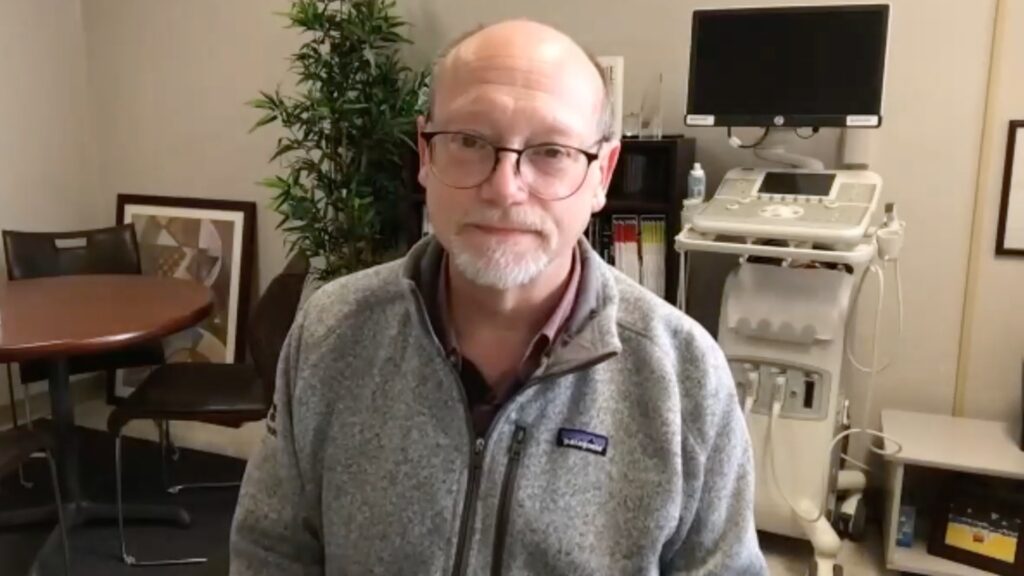In Part 2, Thomas MacDonald (University of Dundee, Dundee, Scotland, UK) discusses further how the results of the FAST study compared to another study, the CARES trial, which also investigated the cardiovascular risks associated with these two treatments.
The late-breaking abstract entitled ‘Long Term Cardiovascular Safety of Febuxostat and Allopurinol in Patients with Chronic Gout: The Febuxostat versus Allopurinol Streamlined Trial (on Behalf of the FAST Investigators)’ was presented at ACR Convergence 2020, 5-9 November.
Part 1 of our discussion can be viewed here.
Questions
- Why do you think there is a difference between the results from the FAST and CARES studies?
- What do you think is the reason for these results and what does this mean for the FAST study?
Disclosures: The FAST study was funded by Menarini to fulfill a European Medicines Agency regulatory commitment. Menarini received financial support from Ipsen and Teijin Pharma Ltd for this study. The University of Dundee was the legal sponsor. Menarini played no part in the running of this study. Dundee University has received funds for research from Amgen, Astellas, AstraZeneca, GSK, Menarini, Pfizer, Servier, Shire and Takeda. Thomas MacDonald has also received speaker or consultancy fees from Novartis, Takeda, Servier, Shire, Astellas, Menarini and AstraZeneca.
Support: Interview and filming supported by Touch Medical Media Ltd.
Filmed in coverage of virtual ACR Convergence 2020.






